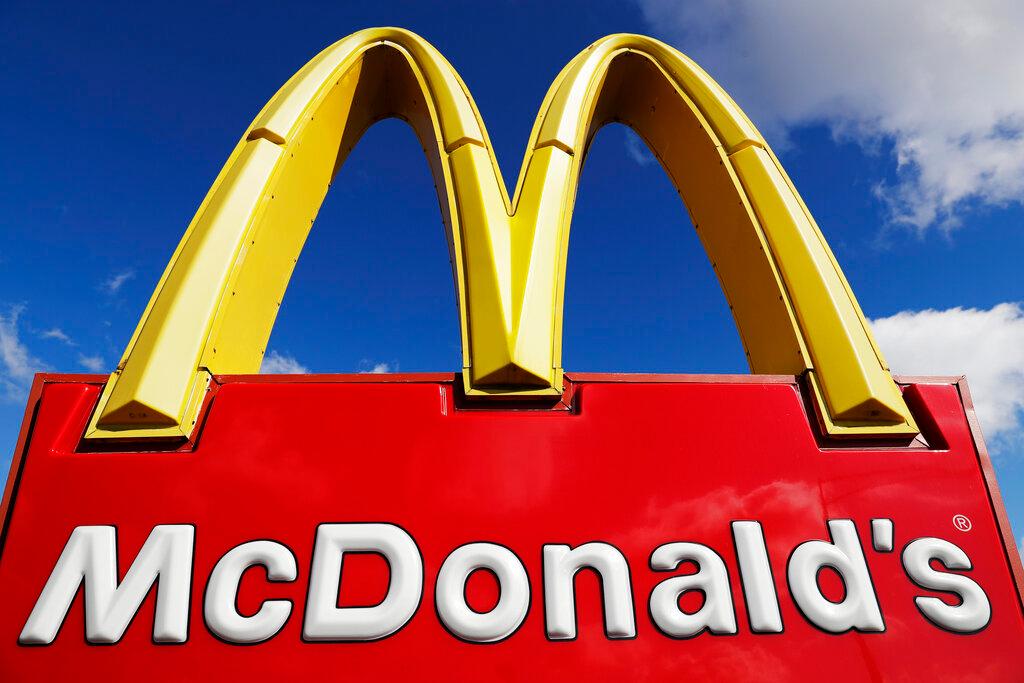Lebanon sells cheapest Big Mac in the world as currency collapses
Lebanese social media is flooded with requests for donations of baby milk and medications that have disappeared, and even food.
Just In
Lebanon is home to the world’s cheapest Big Mac after the Lebanese pound slumped in value, leaving it more than 70% undervalued against the US dollar, according to the Economist Intelligence Unit.
At nearly 30,000 Lebanese pounds, a Big Mac is not cheap for those being paid in local currency, but with an exchange rate of 17,800 to the dollar, the world’s best-selling burger costs just US$1.68 (RM7) for tourists and locals lucky enough to get paid in dollars.
The slump in the Lebanese pound is exacerbating and accelerating inflation on a basic basket of goods, including rice, sugar and flour, on a daily basis, said Lebanese economic analyst Bassel Al-Khatib.
Most people are paid in the local currency in Lebanon, where the national minimum wage stands at 675,000 Lebanese pounds per month.
This was once worth almost US$450 at the official exchange rate, but today barely fetches US$30 on the black market, according to the Crisis Observatory at the American University of Beirut (AUB).
The Observatory said the cost of food has soared by 700% over the past two years, and this increase had picked up pace to 50% in the past few weeks alone.
Most Lebanese people are getting poorer on a daily basis, pushing some of them to sell their gold, cars and even furniture to survive, while others wait for US dollar transfers from their relatives abroad, or wait for civil society aid, Al-Khatib told Arab News.
This is all reflected in Lebanese social media, which is flooded with donation requests for new-born baby milk and medications that are not available anymore in the markets or are sold for extremely high prices. There are also numerous donation requests for people in need of food.
At the same time, others are sharing their expensive restaurant bills, such as Babel Baher who spent five million Lebanese pounds on a meal and posted the cheque on Facebook.
“This is almost nothing for someone coming from abroad,” a Facebook user called Rania wrote under the post.
Al Khatib said that those paid in US dollars are living an affordable life spending only US$300 out of their monthly salaries while before they needed US$3,000 to have the same quality of life.
“The patchwork policies to support some commodities is not helping as all commodities that are subsidised are smuggled, ” he said.
“The country’s mismanagement with no plan or economic vision to save Lebanon from its worsening crisis, led us here, and there are no positive prospects as long as there are no radical solutions in the country.”
The Big Mac index was invented by The Economist in 1986 as a lighthearted guide to whether currencies are at their “correct” level. It is based on the theory of purchasing-power parity, the notion that in the long run exchange rates should move towards the rate that would equalise the prices of an identical basket of goods and services (in this case, a Big Mac) in any two countries.
So until things change, almost no-one is going to be saying under the golden arches in Beirut these days, “Can I get fries with that?”
Subscribe to our newsletter
To be updated with all the latest news and analyses daily.
